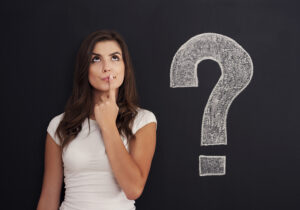Starting music lessons can be exciting—and a little overwhelming. We’ve worked with hundreds of first-time students and families, and we know that the key to long-term success is starting strong. Whether you’re enrolling your child or jumping in as an adult, here’s how to start beginner piano lessons easily and with confidence.
Step 1: Choose the Right Teacher
The teacher-student relationship is the foundation of success. Look for someone who:
- Specializes in beginners
- Has experience teaching the student’s age group
- Prioritizes a patient, encouraging approach
- Offers in-home or virtual lessons for convenience
At Lessons In Your Home, our teachers are carefully matched to each student’s personality, goals, and learning style.
Step 2: Get the Instrument Ready
You don’t need a grand piano to begin. A basic 88-key digital piano with weighted keys is a great option for starters. Some trusted brands include Roland, Yamaha, and Kawai. Learn more with Yamaha’s guide to choosing your first keyboard.
Also make sure you have:
- A sturdy bench or adjustable chair
- Good lighting
- A quiet, distraction-free space in your home
Step 3: Set Expectations and Goals
Before the first lesson, talk with your child (or reflect as an adult learner) about:
- Why you’re starting lessons
- What songs or skills you’re excited to learn
- How often you can practice each week
We recommend 10–15 minutes of practice per day for beginners—just enough to build consistency without burnout.
Step 4: Make the First Lesson Count
The first lesson is all about comfort, curiosity, and connection. Teachers may introduce:
- Finger numbers and hand position
- Basic note values and rhythm
- Simple call-and-response songs
- A fun “improv” moment to spark creativity
Want to learn more about what a first piano lesson includes? Check out our detailed post on what to expect in your first piano session.
Step 5: Keep the Momentum Going
After your first few lessons, keep motivation high by:
- Celebrating small wins
- Playing games during practice
- Listening to music together
- Attending casual recitals or mini-performances
The most important thing? Show encouragement and interest. Your support makes a huge difference.
FAQ: Getting Started with Piano
Is a keyboard good enough to start lessons?
Yes. A full-size digital keyboard with weighted keys is perfect for most beginners and easier on your budget.
What age is best to start piano?
We work with students as young as 4. If your child can follow directions, recognize patterns, and sit for 20 minutes—they’re likely ready.
How do I know if the teacher is a good fit?
Communication and comfort are key. A great teacher builds rapport, explains clearly, and adjusts to the student’s pace and interests.
